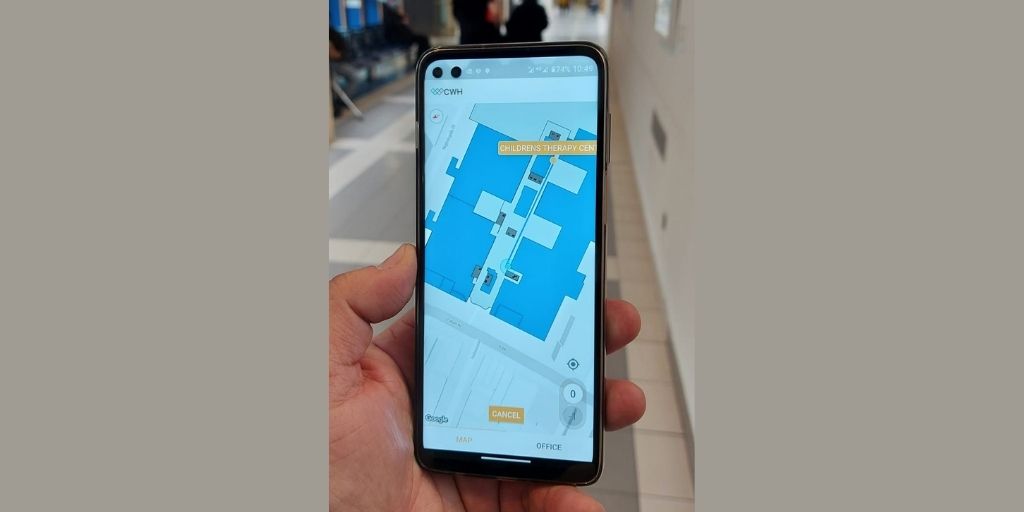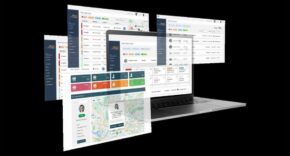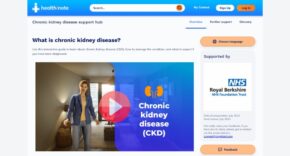
BuzzStreets and Chelsea & Westminster Hospital NHS Foundation Trust are launching a unique indoor way-finder for hospitals to help patients and their families navigate their way around more easily, reduce staff time spent giving directions, help ensure patients arrive on time for appointments, reduce stress, and minimise traffic in the corridors. Research has shown that 87% of patients ask for directions when they go to a hospital or other public health facility, and 30% of first-time visitors get lost (Source: Deloitte Digital).
The new app is part of the CW Innovation programme – a joint initiative between Chelsea and Westminster Hospital NHS Foundation Trust and its charity CW+ – to ‘test and scale’ innovations and digital systems that improve patient care and experience.
After a successful trial, the new system created by BuzzStreets, allows visitors to Chelsea & Westminster Hospital in London to navigate their way from outside all the way to the specific location they need, whether that’s a bed on a ward, a consulting room, the café, or the pharmacy. The app includes Points of Interest such as offices, cafeterias and, uniquely, more information about the Trust’s collection of over 2,000 works of art and digital installations that transform the hospital environment for patients, families, volunteers and staff.
The app uses a system of BLE Beacons, Wi-Fi signals, and the Earth’s magnetic field to pinpoint the person’s location, giving them real-time directions, both spoken and visual, to allow them to navigate through the hospital, both horizontally and vertically.
When the person arrives at the hospital, they open the app and key in the location they want. The app then calculates a route from their current location to the point in the hospital they need. It shows a map of the hospital and their route is clearly marked. Just like traditional car sat-nav systems they then press ‘start’ and the app visually shows them where to head and audibly advises them.
As they progress along the route the app constantly updates showing them where they are and giving them regular voice and visual updates to show them where and when to turn, go straight-on, or change floors. It will also let the person know when they have arrived at their destination. However, unlike car sat-nav the system is accurate to 1-2metres as the ‘sensors’ are within the hospital (not 12,000 miles away in space).
“The pilot project has already shown that the app reduces frustration for staff and visitors alike. It helps reduce the anxiety of patients and visitors trying to find their way in the hospital, which previously required contact with multiple different staff. Overall, we’ve seen that the app helps save resources, improve patient outcomes, and enhances the entire hospital experience for patients and their families,” explains Vanessa Sloane, Deputy Chief Nurse at Chelsea and Westminster Hospital NHS Foundation Trust.
The app also allows Personalised Navigation Services, for example allowing people with disabilities to receive navigation instructions that suit their needs. This may mean directing them to lifts rather than staircases, for example.
“The BuzzStreets system brings outdoor navigation inside. And as one of London’s biggest and busiest hospitals, Chelsea and Westminster Hospital has been the perfect pilot location. It’s a complex building with over 6000 visitors every day – all with different needs, at different times, with different end locations. We’ve developed the app to tackle the common problems relating to visitors getting lost and staff spending time giving directions to save the NHS both time and money,” says Joe Fernandez, CEO of BuzzStreets.












